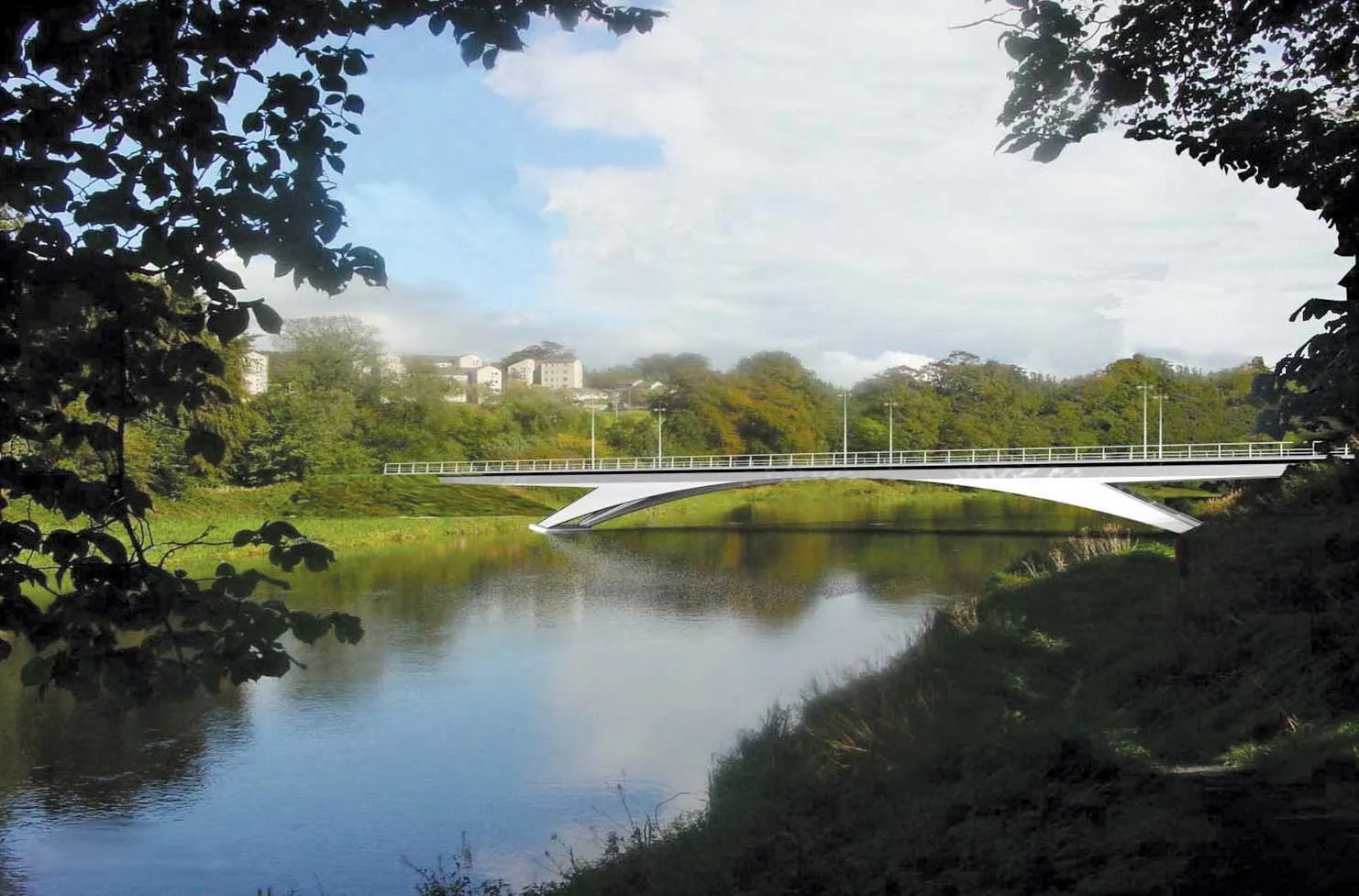Official approval is now being given for changes to the agreement between the Bulgarian authorities and the European Investment Bank (EIB) for the second Danube bridge project.
So far the EIB is providing €50 million, with €5 million having already been used. The Bulgarian authorities are agreeing to accept a shorter loan period of 14.5 years rather than the 17-year term originally agreed with the EIB.
May 15, 2012
Read time: 2 mins
Official approval is now being given for changes to the agreement between the Bulgarian authorities and the 1054 European Investment Bank (EIB) for the second Danube bridge project.
So far the EIB is providing €50 million, with €5 million having already been used. The Bulgarian authorities are agreeing to accept a shorter loan period of 14.5 years rather than the 17-year term originally agreed with the EIB.
The bridge is being built between Vidin in Bulgaria and Calafat in Romania, and the Spanish company4914 FCC was appointed as the design and build contractor for the main bridge works, while the French-British consortium 1559 Ingerop/1554 High-Point Rendel was appointed as the engineer to carry out independent supervision and design check.
Meanwhile plans to tackle Bulgarian capital Sofia’s congestion problems by building overpasses are being put on hold. A €45 million loan is being provided by the EIB for the work, although the Bulgarian authorities are unable to supply the €43 million co-funding necessary.
Work on only one of the overpasses, at the Mladost Quarter, will now start during 2010 and the Bulgarian authorities may have to approach the EIB for further loans for the project.
So far the EIB is providing €50 million, with €5 million having already been used. The Bulgarian authorities are agreeing to accept a shorter loan period of 14.5 years rather than the 17-year term originally agreed with the EIB.
The bridge is being built between Vidin in Bulgaria and Calafat in Romania, and the Spanish company
Meanwhile plans to tackle Bulgarian capital Sofia’s congestion problems by building overpasses are being put on hold. A €45 million loan is being provided by the EIB for the work, although the Bulgarian authorities are unable to supply the €43 million co-funding necessary.
Work on only one of the overpasses, at the Mladost Quarter, will now start during 2010 and the Bulgarian authorities may have to approach the EIB for further loans for the project.







